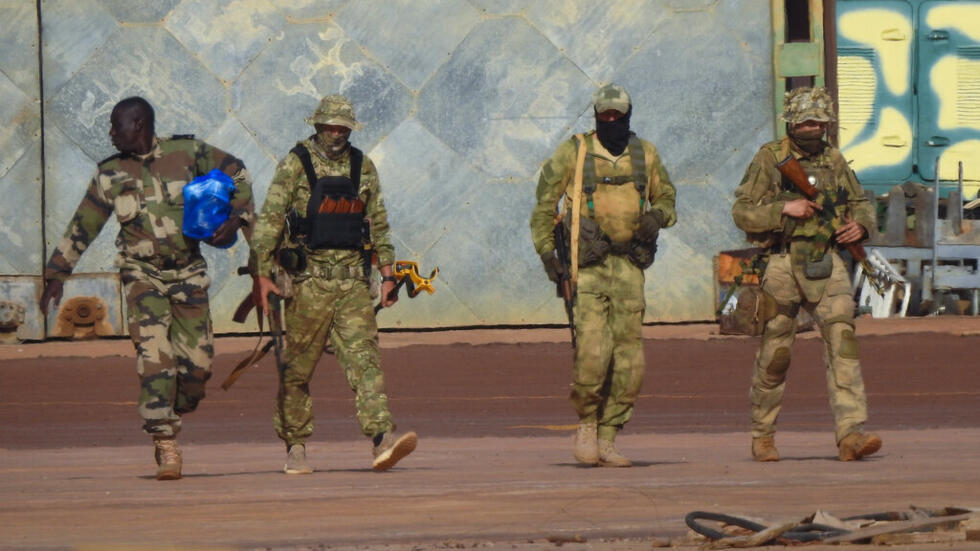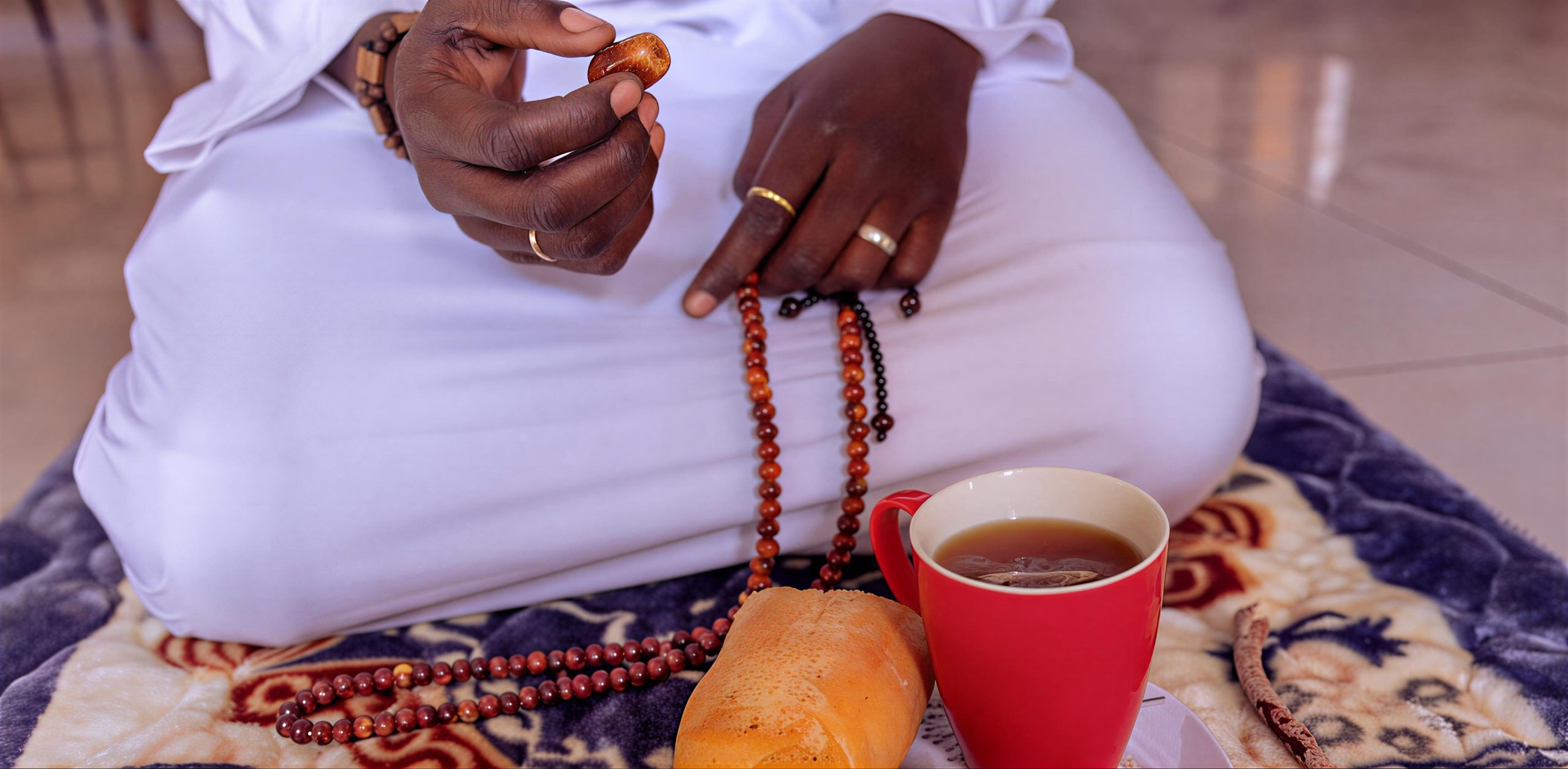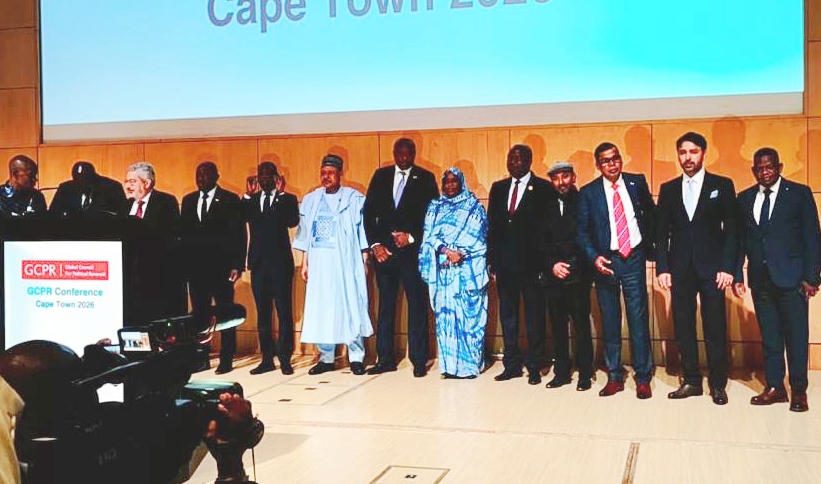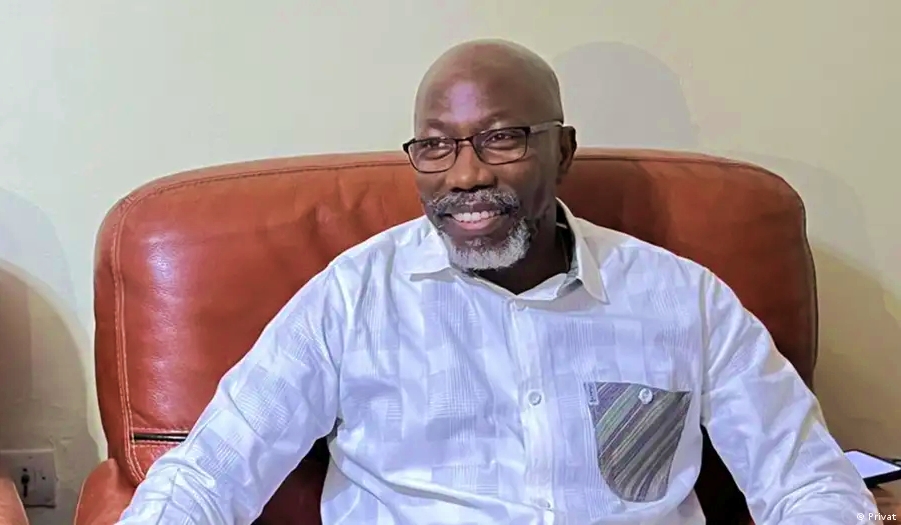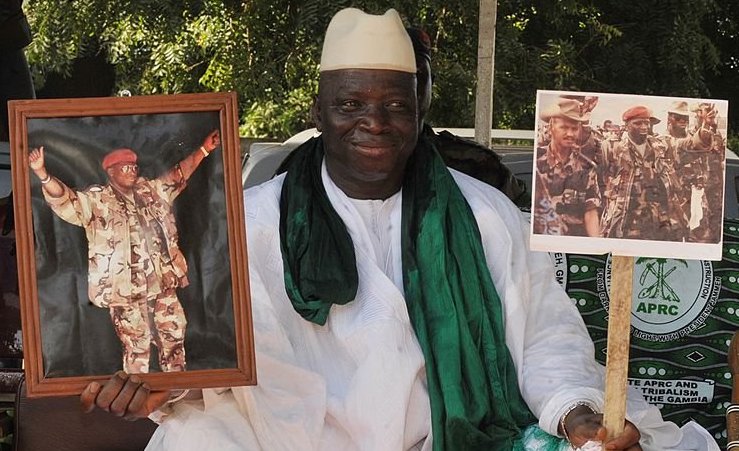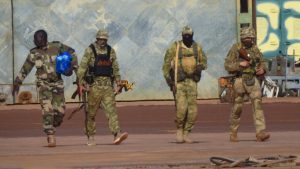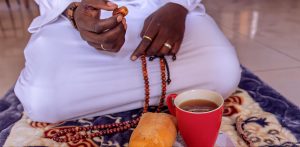The Gambia has officially inaugurated the Gambia-ECOWAS joint technical committee to establish an internationalized court for prosecuting perpetrators of gross human rights violations in the country under the rule of Yahya Jammeh, between July 1994 and 2017.
The committee, consisting of key stakeholders including the Gambia’s Attorney General and Minister of Justice, Dawda A. Jallow, US Ambassador-at-Large for Global Criminal Justice Dr. Beth Van Schaack, and ECOWAS Resident Representative in The Gambia Amb. Miatta Lily French, will ensure all necessary paperwork is completed in accordance with established measures.
This initiative stems from the government’s May 2023 Implementation Plan, which outlined the intention to establish a special mechanism for criminal trials related to the leadership of former President Yahya Jammeh. The mechanism, envisioned as a hybrid-internationalized court established jointly by treaty between The Gambia and ECOWAS, will be anchored in both domestic and international law, with international elements including the subject matter and possible involvement of international personnel.
In further support of this effort, the United States Government’s Agency for International Development (USAID) has provided $365,000 for the Acceleration of Prosecution of Jammeh-Era Crimes. This includes three key areas: supporting the drafting of legislation to establish a Special Prosecutor’s Office, designing a hybrid or internationalized court in collaboration with ECOWAS, and conducting public sensitization on the roles and responsibilities of transitional justice institutions.
The Gambia is entitled to ask ECOWAS for support in looking into and prosecuting foreign crimes that were perpetrated under Jammeh’s 22-year rule. ECOWAS is able to accept the offer to form a Special Court because it is authorized by general international law.
The legal and political landscape of The Gambia might make a domestic accountability procedure difficult. The government’s stance on criminal responsibility may be determined by President Barrow’s endorsement of Jammeh’s party and alliances. A globalized approach supported by ECOWAS may be able to lessen The Gambia’s political, legal, and security issues.
The Gambia’s court, which is upholding accountability in the face of political pressure, needs the backing of ECOWAS. Former high-ranking officials can be difficult cases to prosecute, requiring a lot of political support and funding. Judiciary standards are pushed by the group, as evidenced by recent instances such as Yankuba Touray’s conviction for the murder of former Finance Minister Ousman Koro Ceesay.



